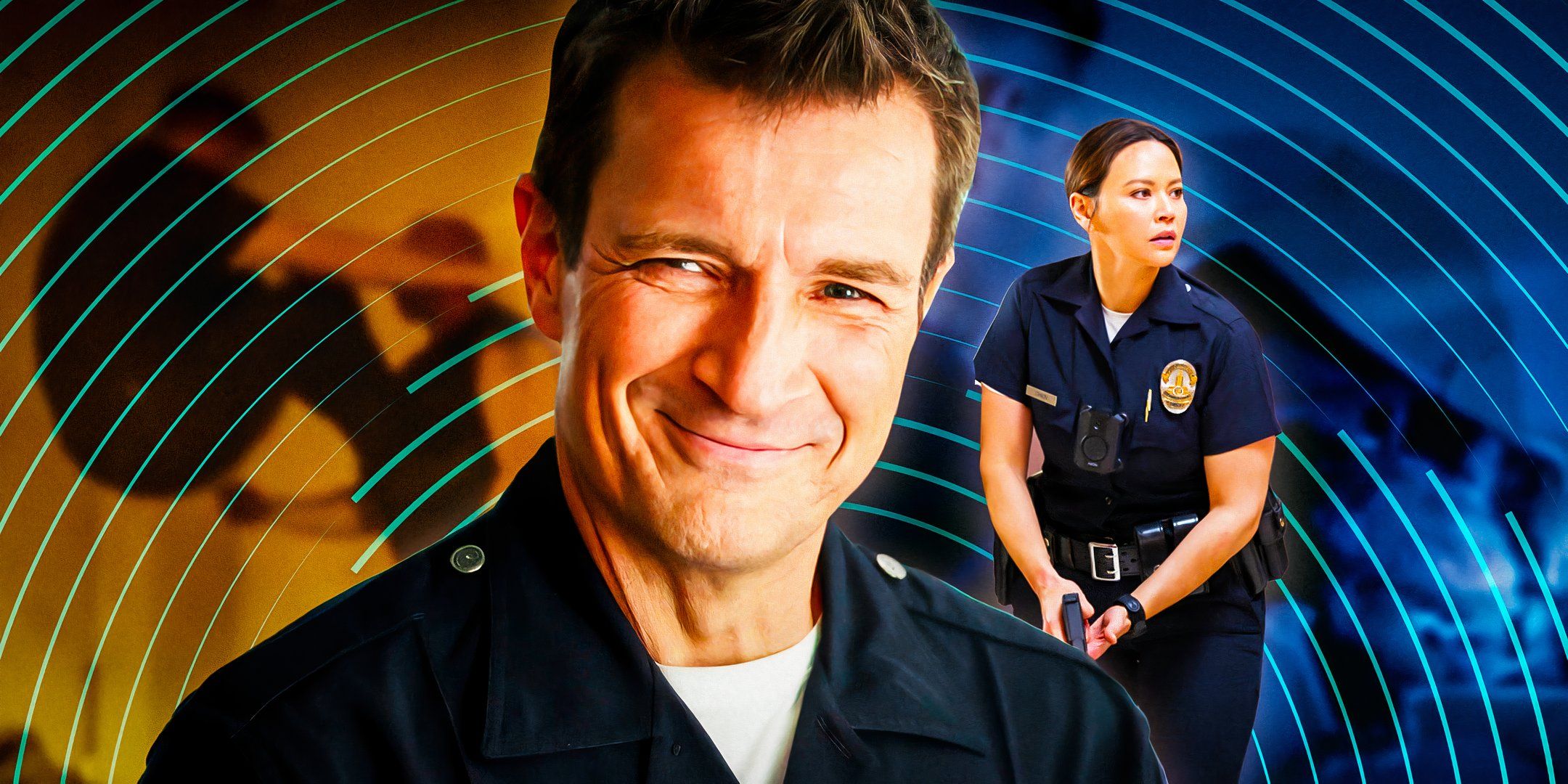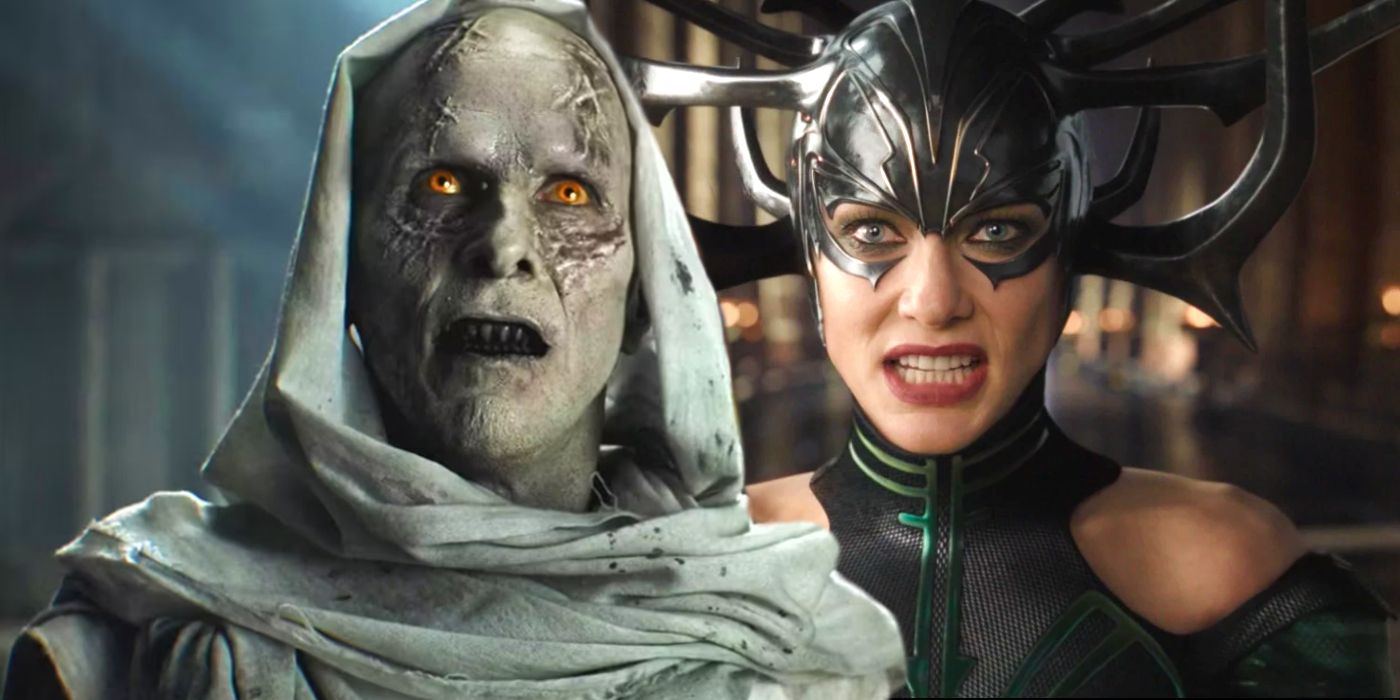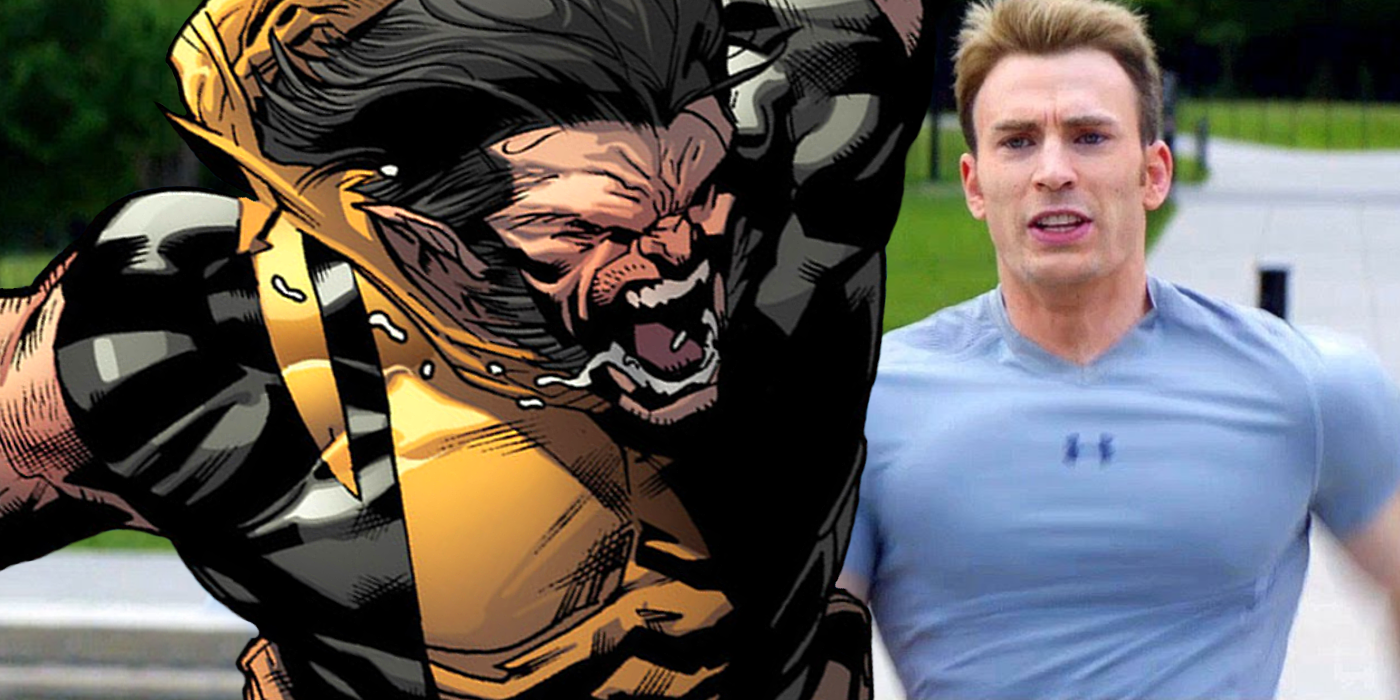A defining element of Crunchyroll‘s superhero anime line-up is the youthfulness of the protagonists. Perhaps this is no more as obvious as in My Hero Academia where teenage heroes are called upon to rescue a world they are too young to have a say in. While there are several practical reasons for youthful heroes, Talentless Nana – another Crunchyroll superhero anime – makes clear that the lack of age limits for becoming a hero is a major issue that can lead to horrifying consequences.
In Shinji Ishihira and Fumihiko Shimo’s Talentless Nana, which is adapted from Looseboy and Iori Furuya’s manga of the same name, to fight monsters that have suddenly begun attacking the world, the decision was made to train children born with special powers and known as the “talented”, the vanguard of the Earth’s new resistance. The problem is that the “monsters” attacking the world are the “talented” themselves.
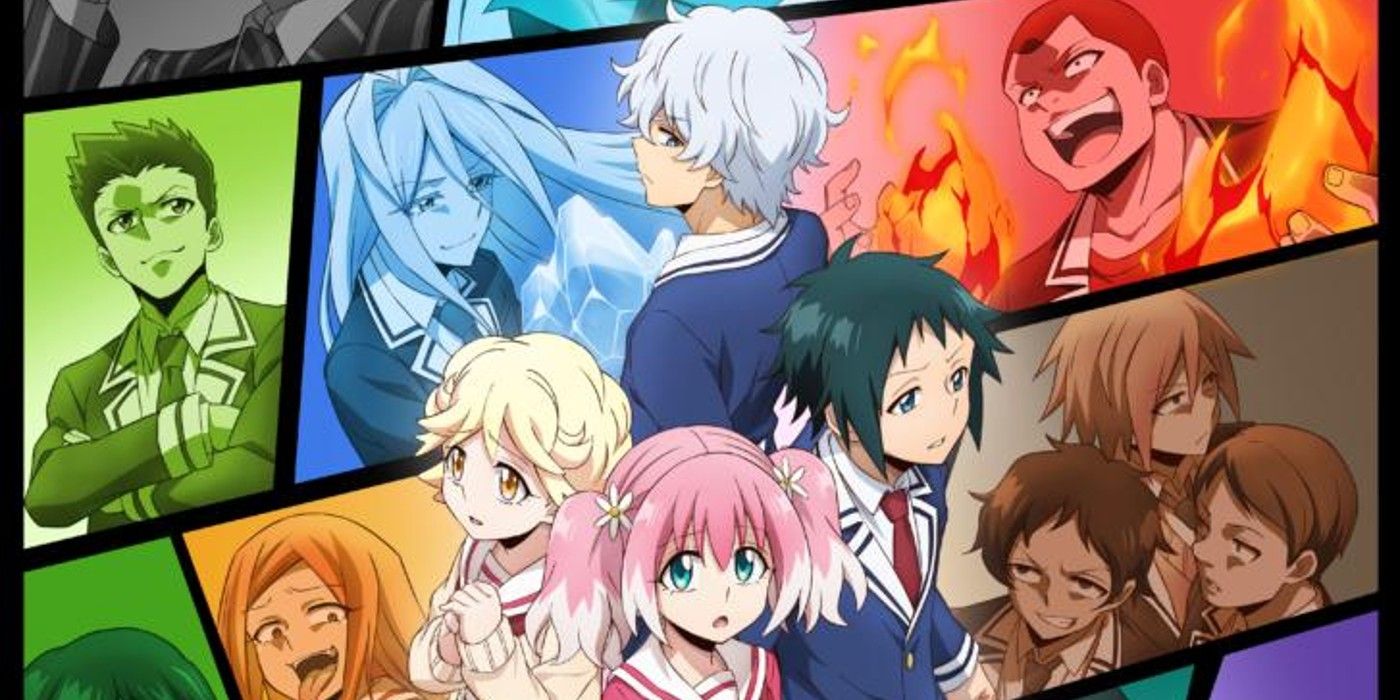
Indeed, after some of the talented discover there are so few people capable of thwarting them, they start to believe they are exempt from the law and eventually evolve into supervillains. In addition, once a talented becomes an adult, they will morph into an actual dangerous monster. In response, the World Government proposed training and deploying the talented against the supervillains and monsters before they reach adulthood. It sounds like a pretty common setup, but there is a twist: the government decided to infiltrate teenage assassins within each cohort of talented with orders to kill as many of them as possible.
Talentless Nana Destroys My Hero Academia’s Platonic Conception of the Child Hero
This Series Exposes the Dark Side of a Society Based on Underage Superheroes
While the pitting of super-powered teenagers against each other makes for a great story in My Hero Academia, its tragic underbelly is exposed in Talentless Nana. This is most clearly demonstrated in the heartbreaking story of the saga’s protagonist, Nana Hiiragi. Born “talentless”, Nana became a ward of the state after her parents were allegedly killed by a talented turned supervillain. Raised to hate the talented by her guardian and member of the World Government, Tatsumi Tsuruoka, Nana went through a grueling training regimen that made her the ultimate killing machine.
Deployed to the talented training center, Nana quickly dispatched five talented trainees that the government deemed particularly dangerous. The problem, however, was that, as a teenager, Nana did not have the maturity or discipline to eliminate her feelings and emotions from her tasks. She also wasn’t able to move on from her actions. Like any teenager, she bonded with several of her targets despite being ordered to kill them. Moreover, even after completing a hit, Nana suffered feelings of remorse and doubt.
Talentless Nana Exposes the True Risks of Child Heroes
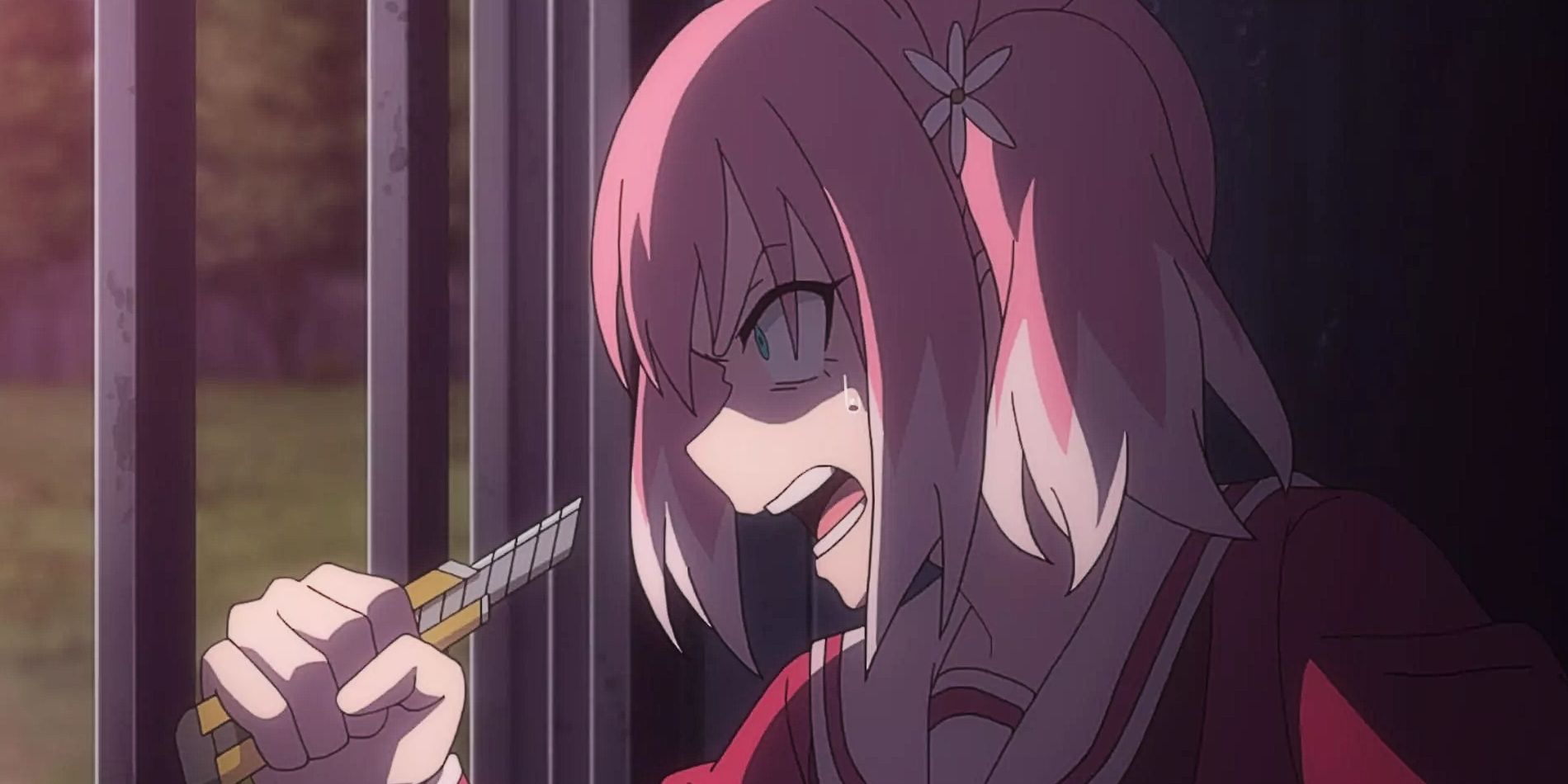
While this doesn’t mean an adult put in a similar situation would act any differently, it is true that a child or teenager is more susceptible to manipulation, especially when coming from a figure they hold in high esteem, such as Tsuruoka. Teens are also more susceptible to bullying, which was another tactic Tsuruoka used to control Nana. It’s a perfect example of the ease with which adults can manipulate children’s feelings to make them do exactly what the adult wants, regardless of whether the child agrees.
On the other end, the talented are no less manipulated than Nana, it’s just being done on a grander, more heinous scale. Desiring the approval of their trainers, and believing themselves to be the best, it was easy for the government to convince them to kill their brethren. Youth tend to suffer when conniving adults take advantage of a child or teenager’s physical strength without giving the proper mental support and care. Moreover, they will always suffer when they are treated as tools. To be sure, after learning that Tsuruoka had lied to her about her parents, her feeling of guilt became so acute that Nana contemplated suicide.
There’s No Way to Adequately Prepare a Teenager to Be a Superhero
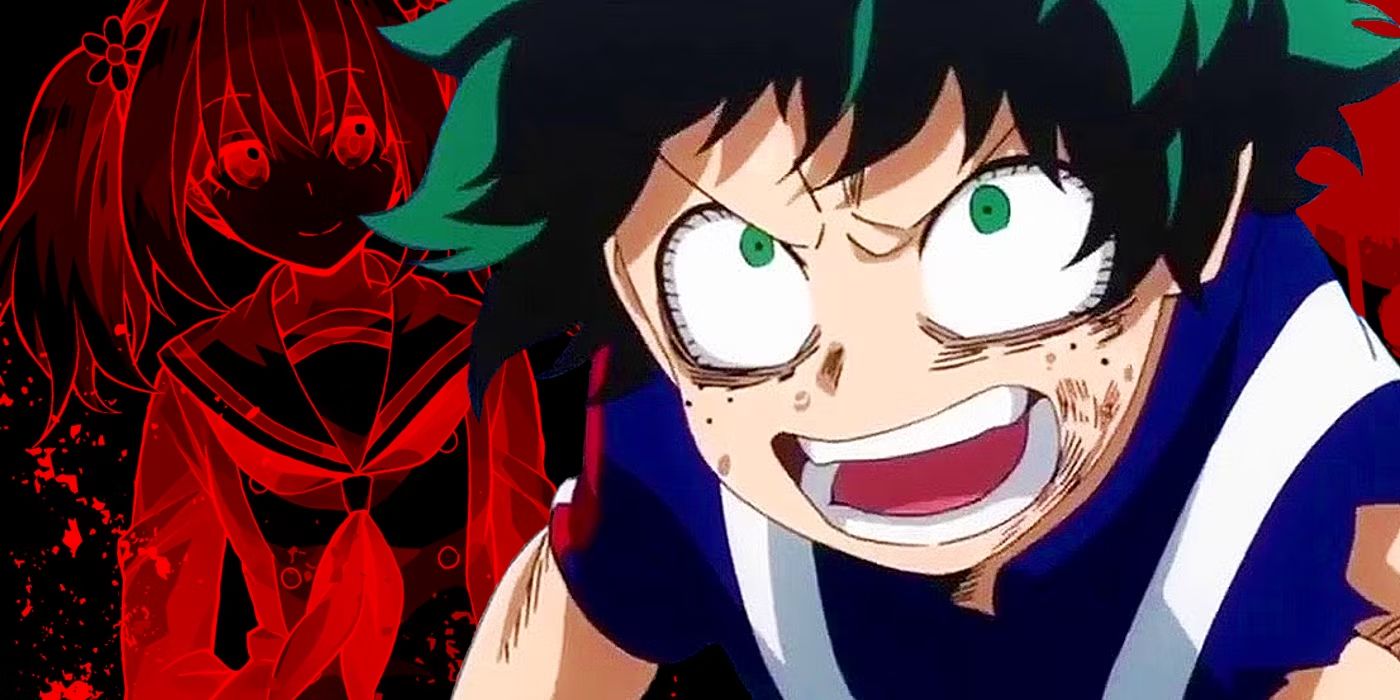
In real life, age limits are normally imposed to ensure safety while protecting minors – who have not yet developed a full understanding of themselves and society – from mental and physical harm. To be sure, teenagers aren’t allowed to join the military, for example, so the same principle should apply to becoming superheroes. While there is something to say about the strength and passion of the young, it’s also important to recognize the harm suffered by youth forced into growing up too fast, just as it happens to Midoriya and his classmates in My Hero Academia.
The combination of stress and trauma inherent in being a hero, along with the youth and inexperience of young heroes, are aspects that are not highlighted enough in series such as My Hero Academia. As American superhero comics have brilliantly portrayed, having superpowers is an extremely complex circumstance that not even many adults can effectively navigate on their own.
While My Hero Academia goes around the issue by showing a comprehensive support system for its child heroes in the form of hero schools and internships, Talentless Nana nevertheless shows that even those protections can be overcome to the kids’ disadvantage, when that same support system is crooked and working against them.
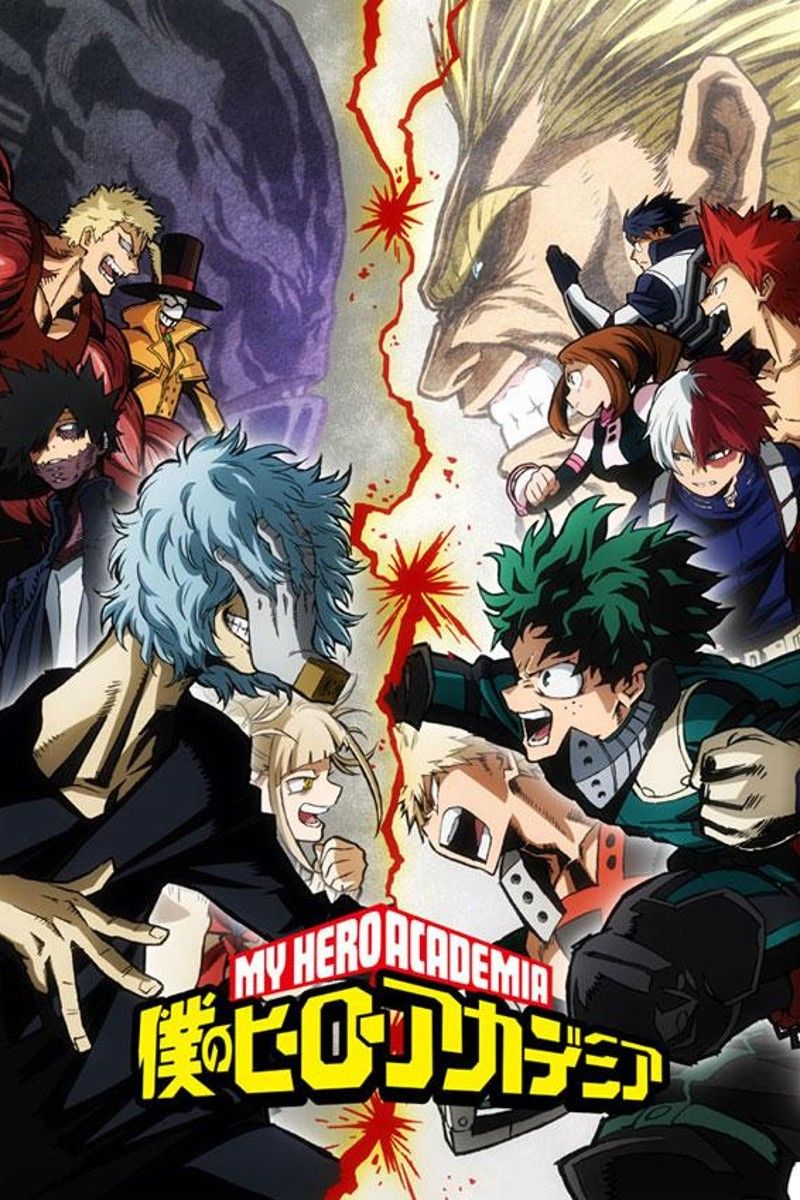
My Hero Academia (2016)
In My Hero Academia, some humans have superpowers called quirks. Izuku Midoriya, nicknamed Deku, is not one of them. Deku has always idolized heroes like the number one hero, All Might, and since he was a child, he has always wanted to be a hero. However, his lack of a quirk has always held him back, but a chance encounter with All Might after discovering a classmate in danger sets Deku on the path to becoming a true hero. My Hero Academia centers around Deku and a class of heroes-in-training at UA. This school shapes young quirk users into future heroes through fake rescue missions, combat training, and other hero-tempering tasks. With young Deku inheriting the “One-For-All” quirk, he will learn what it means to be a true hero while facing off with dastardly supervillains.
- Release Date
-
April 3, 2016
- Streaming Service(s)
-
Hulu
, Crunchyroll - Franchise
-
My Hero Academia
- Production Company
-
Bones
